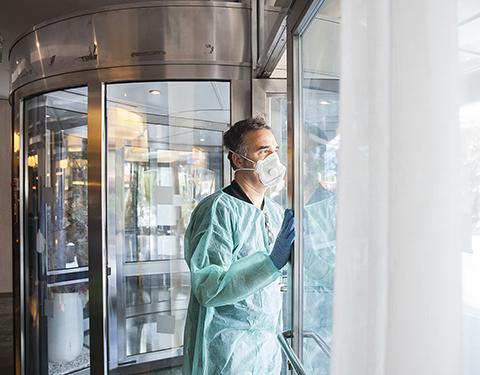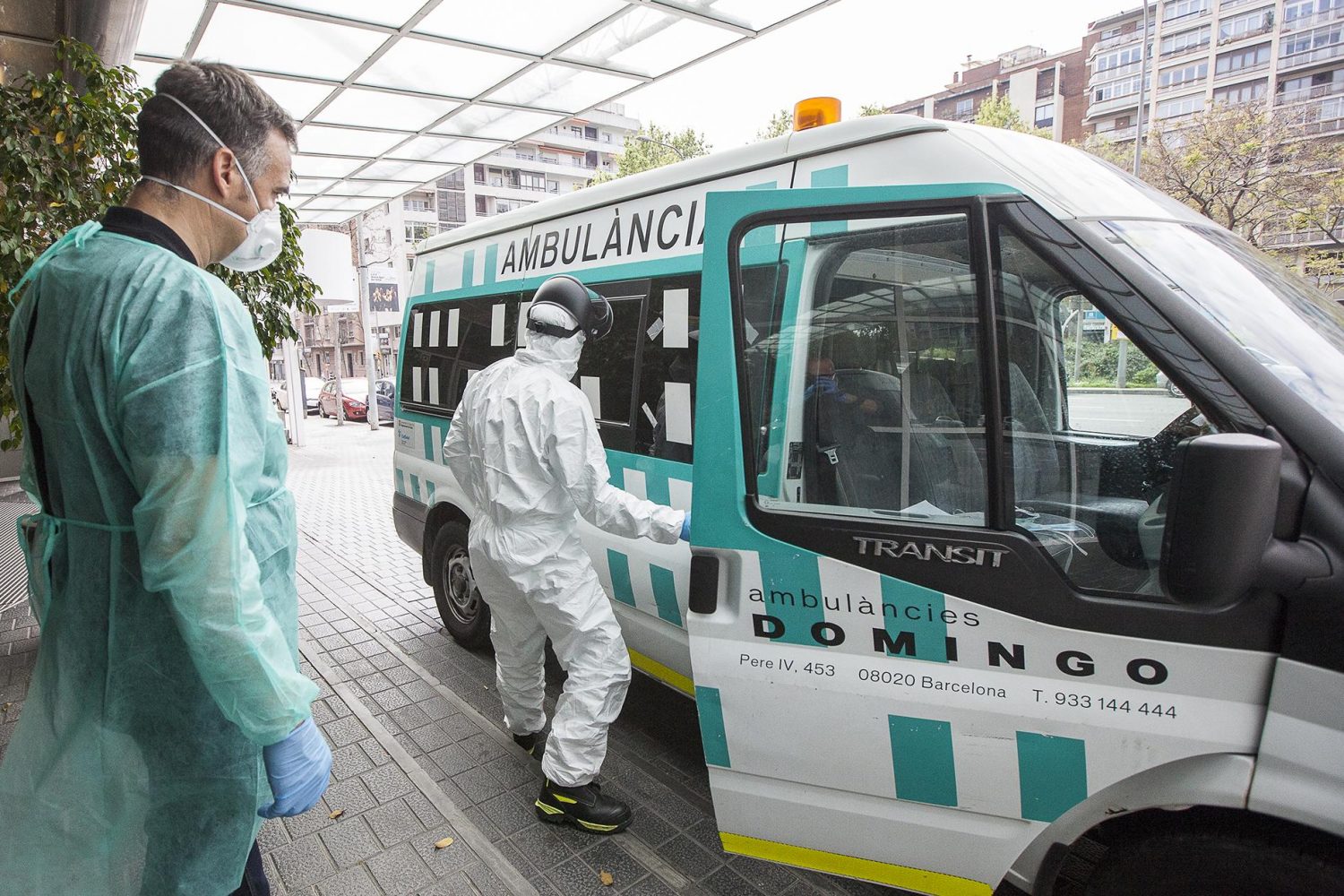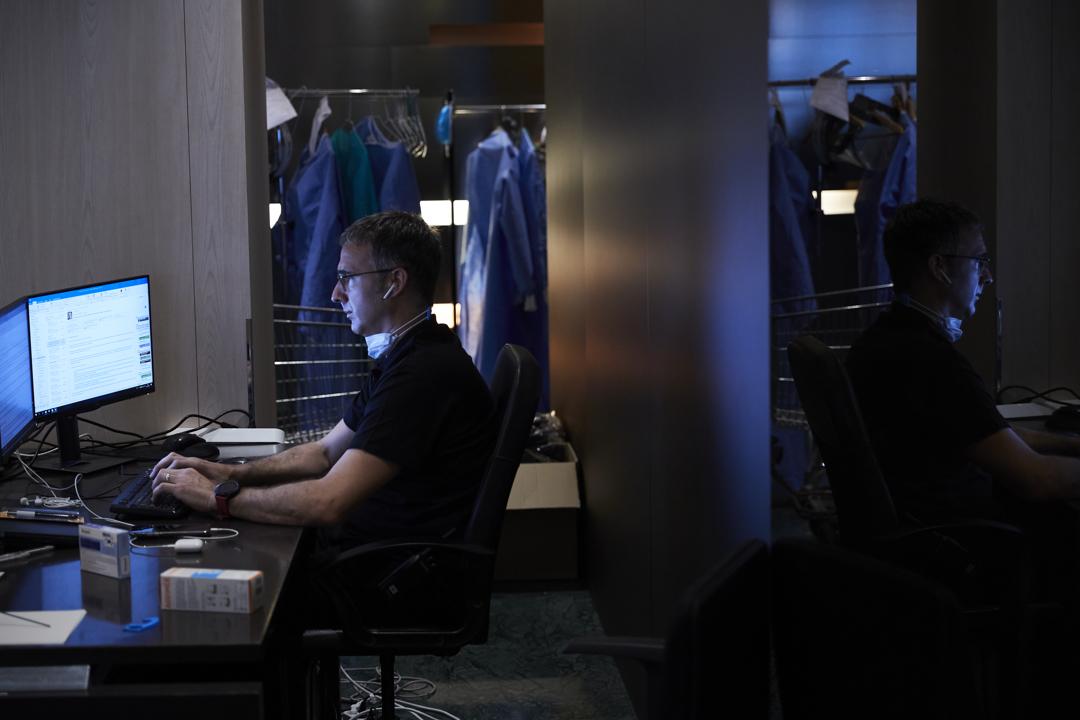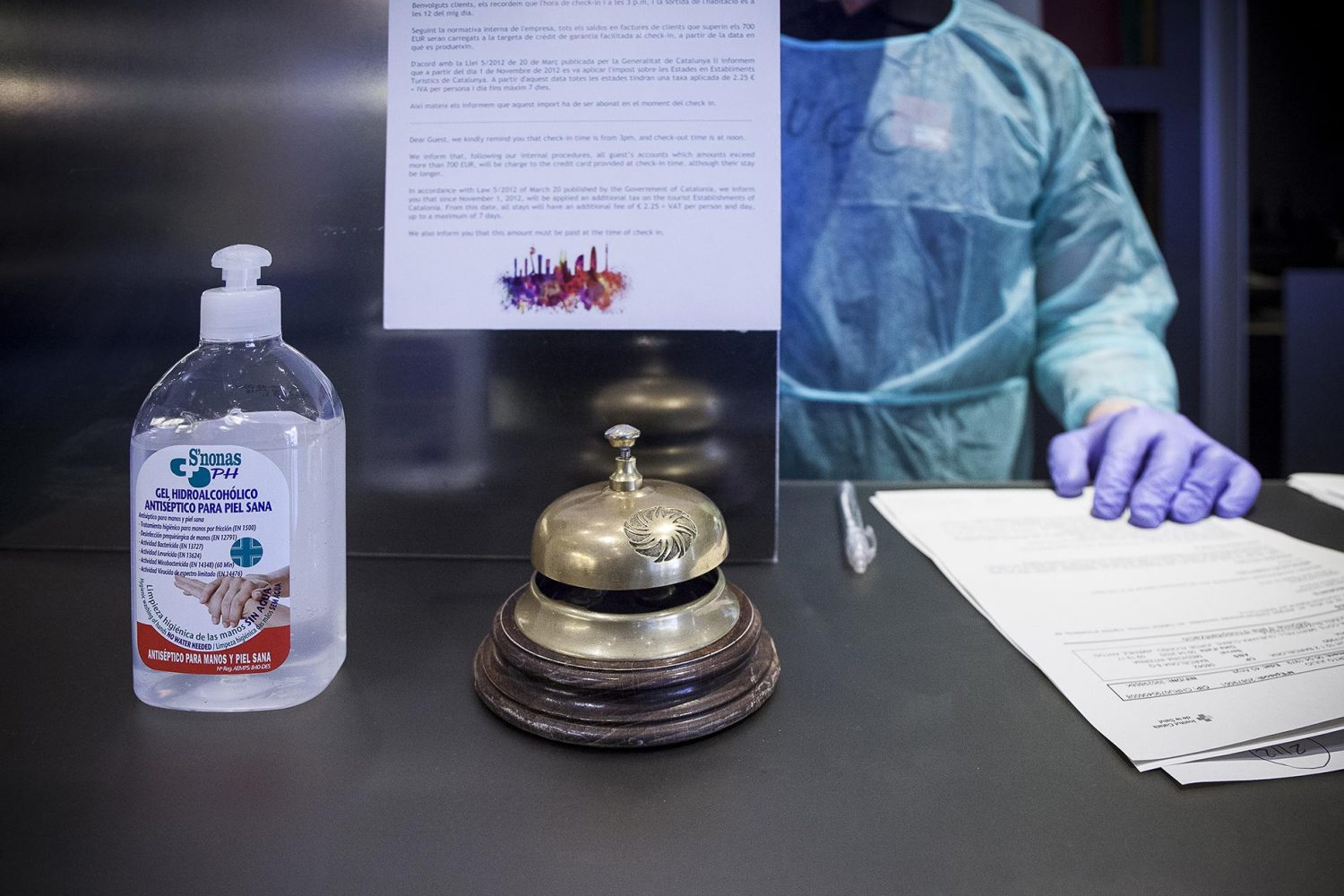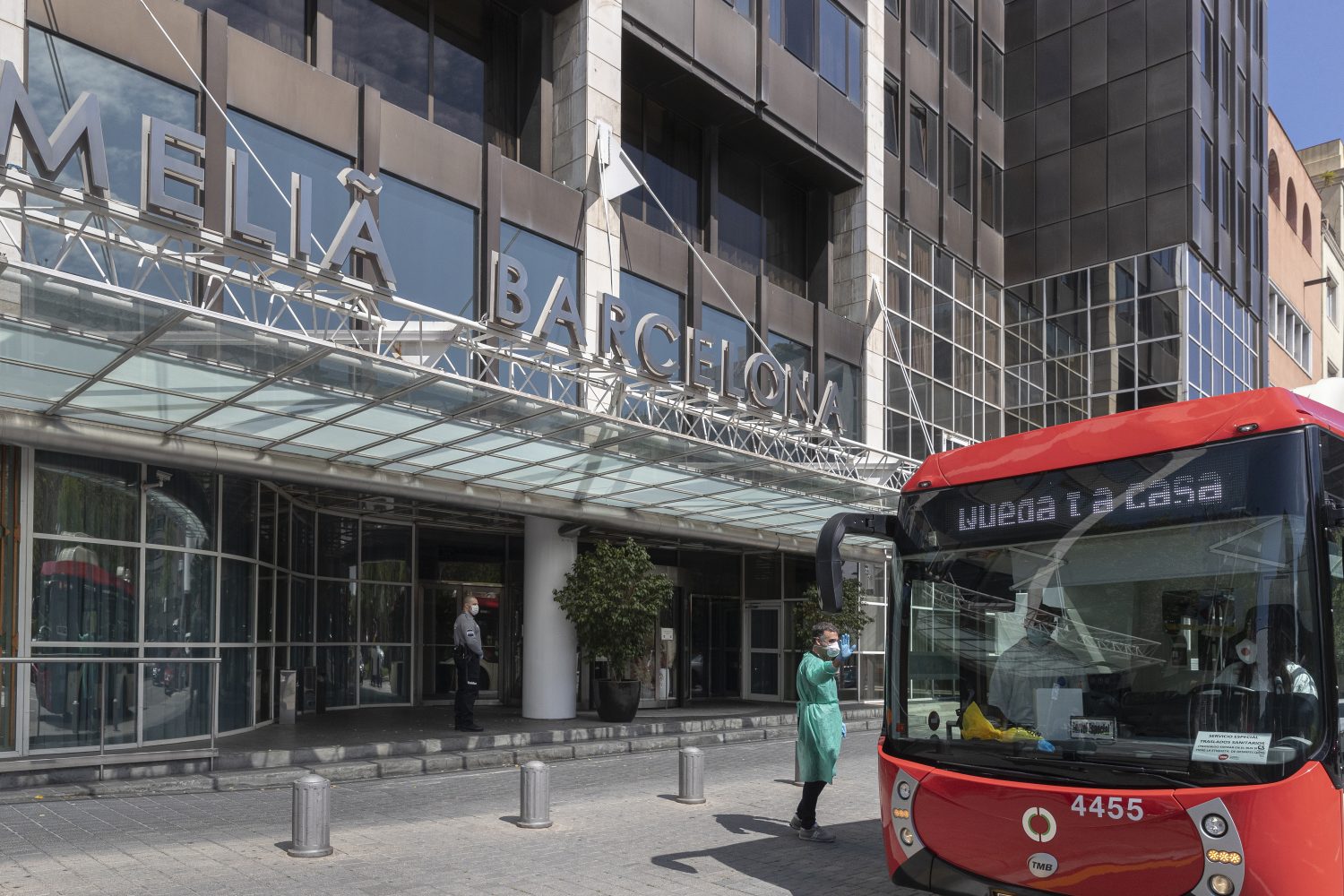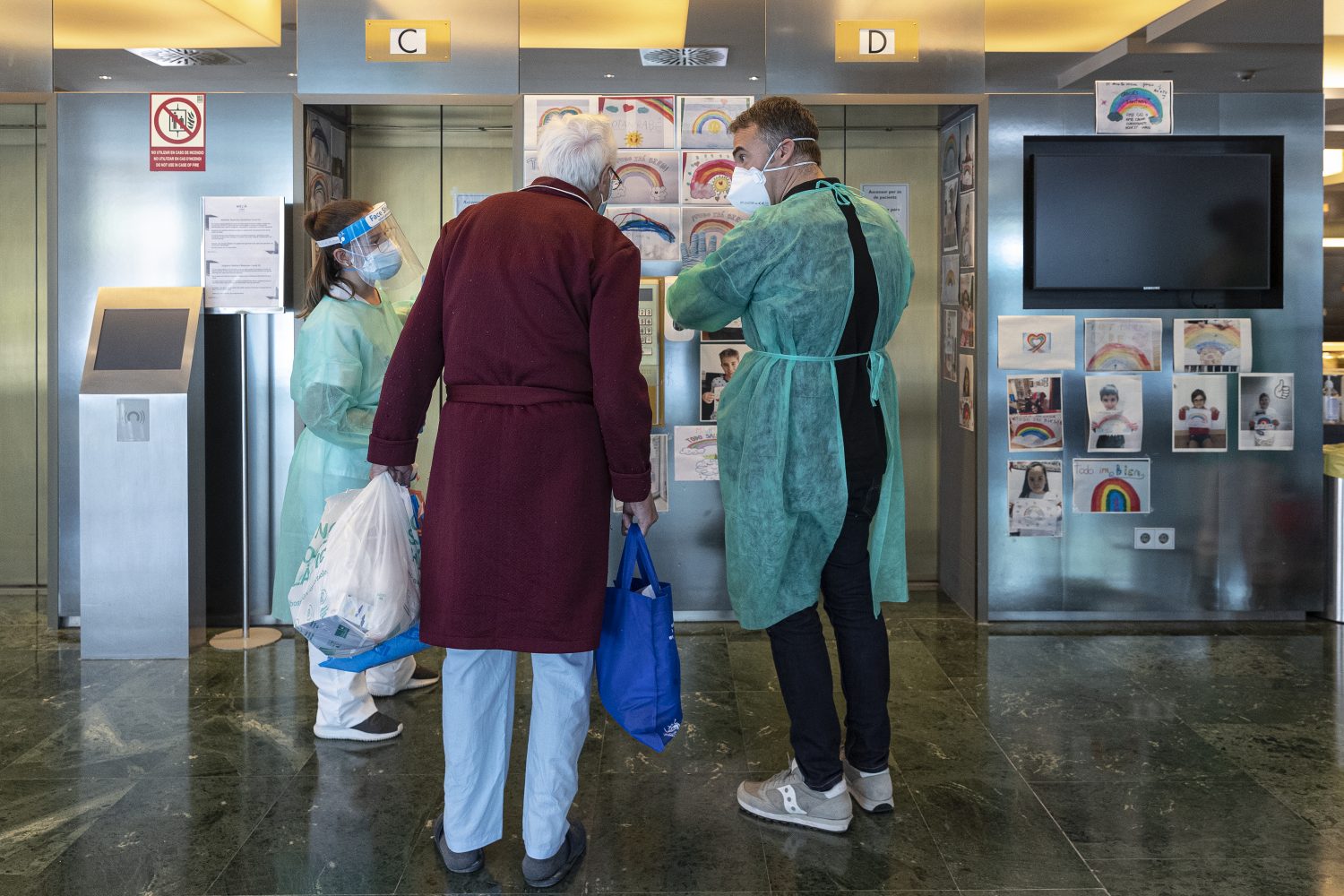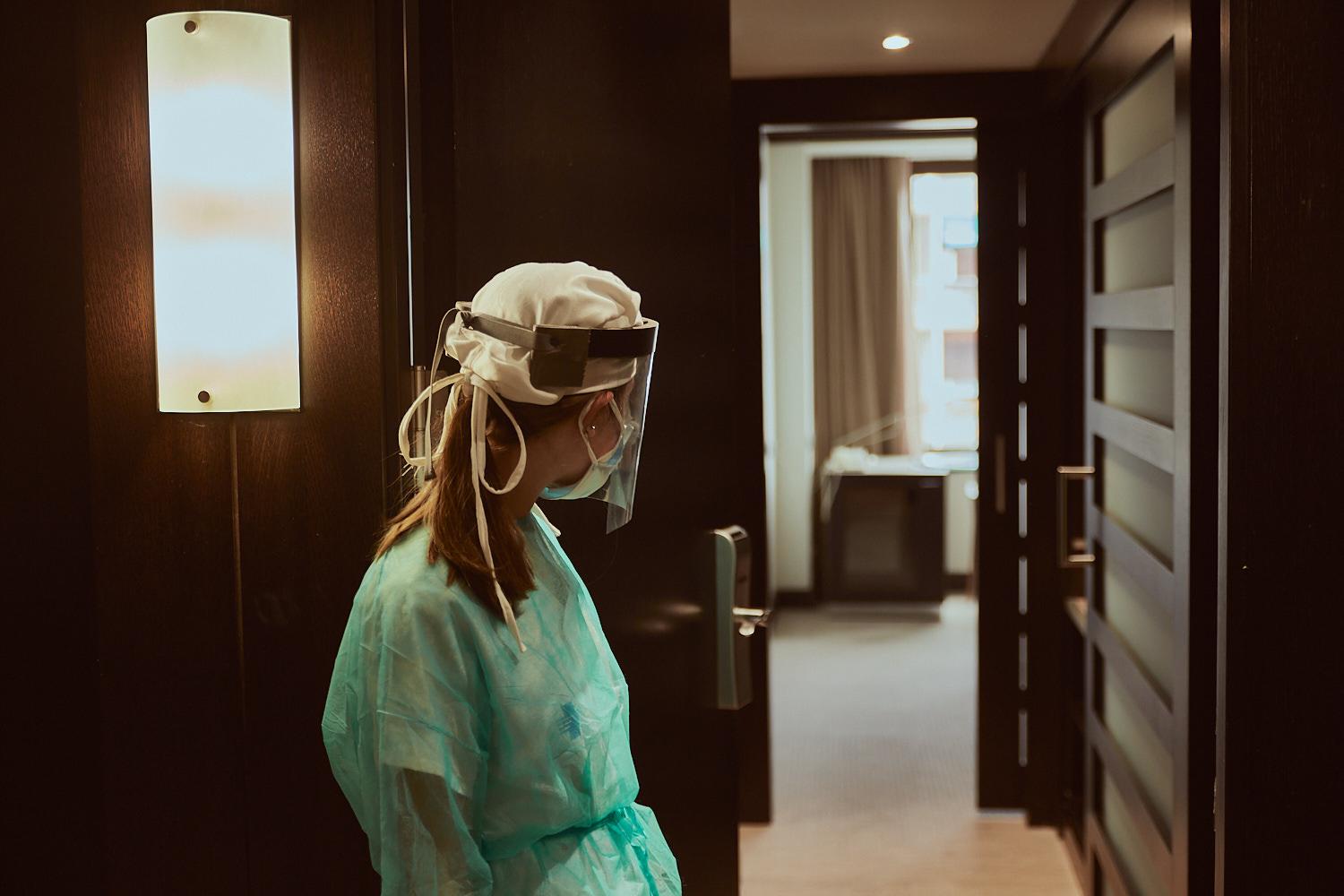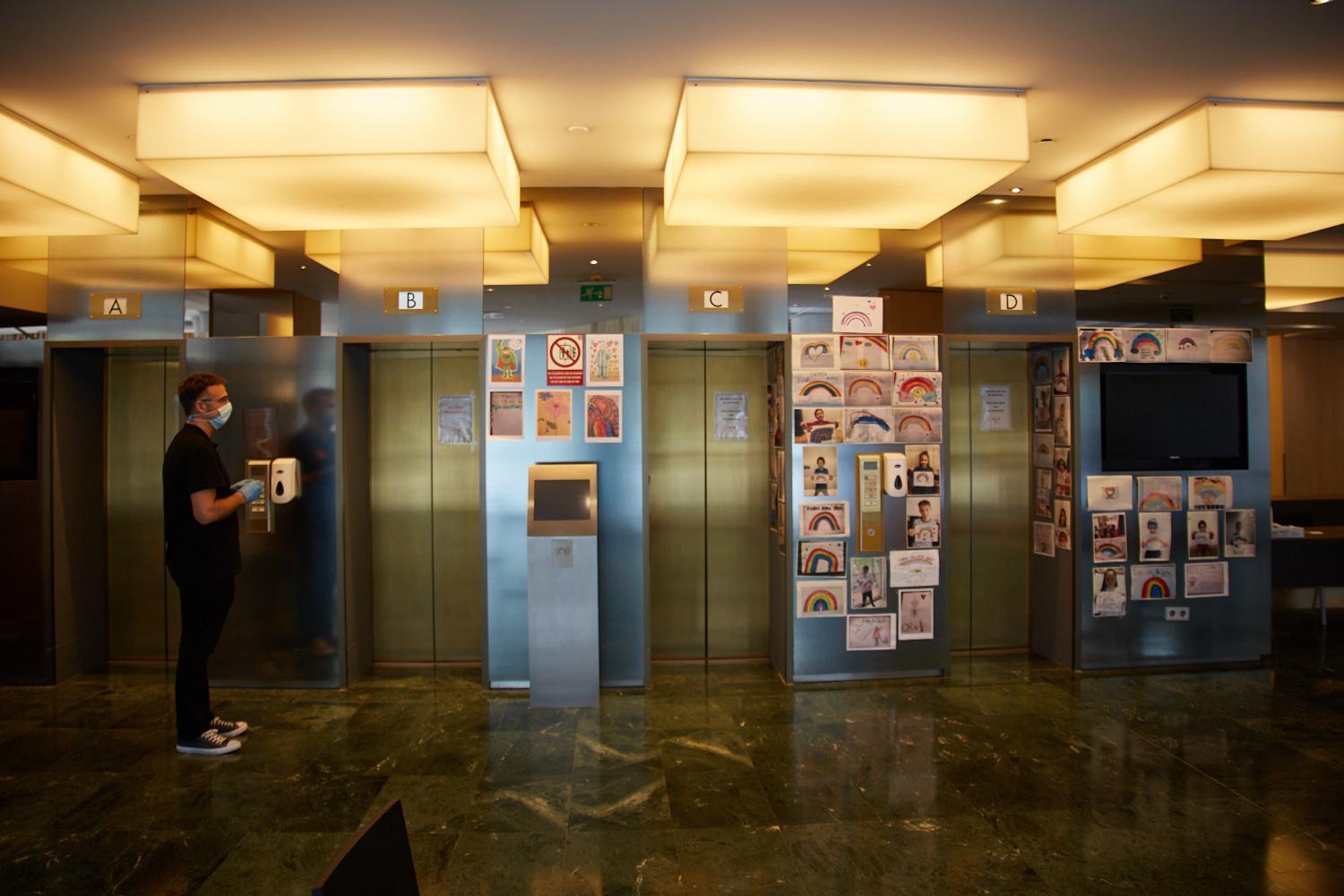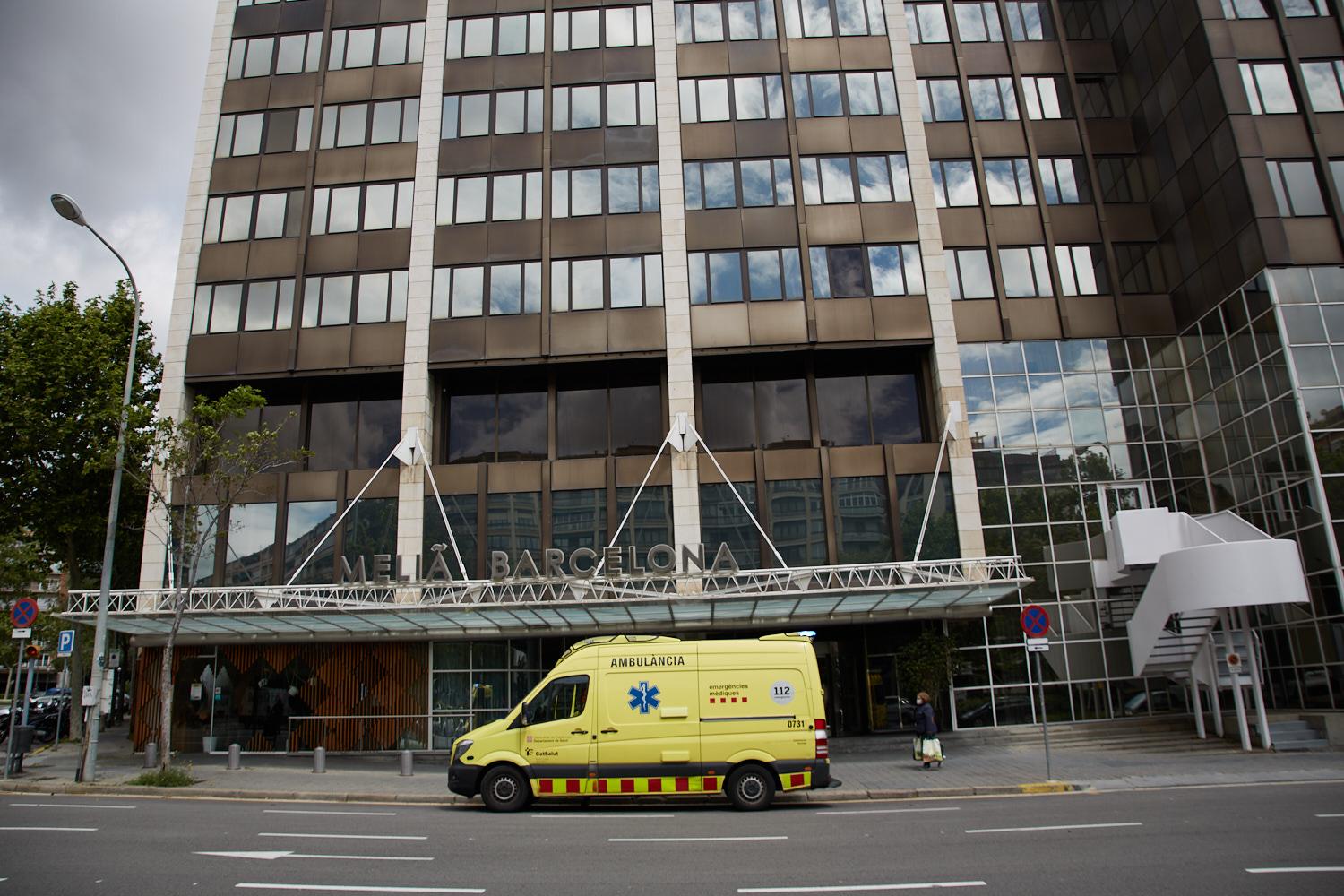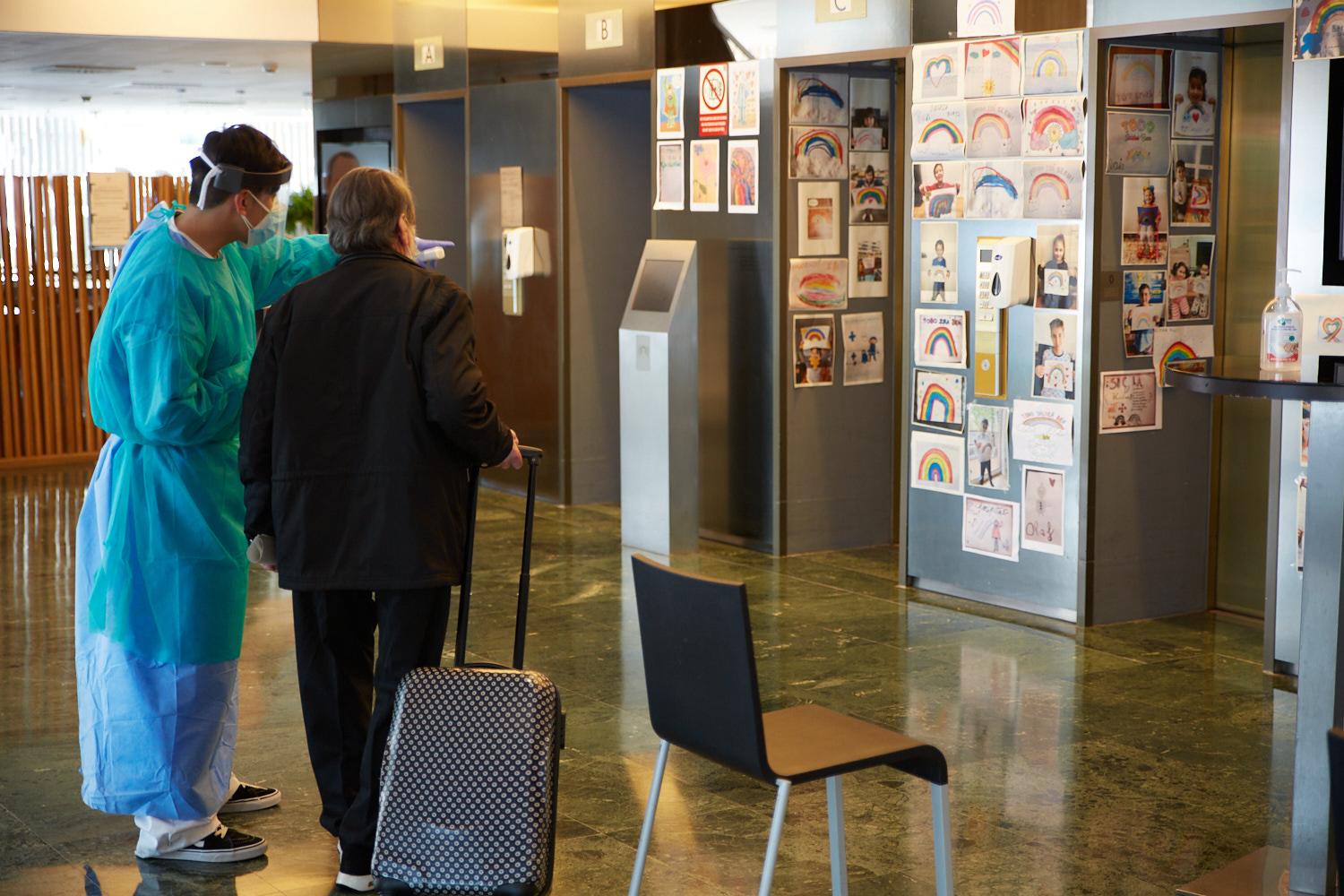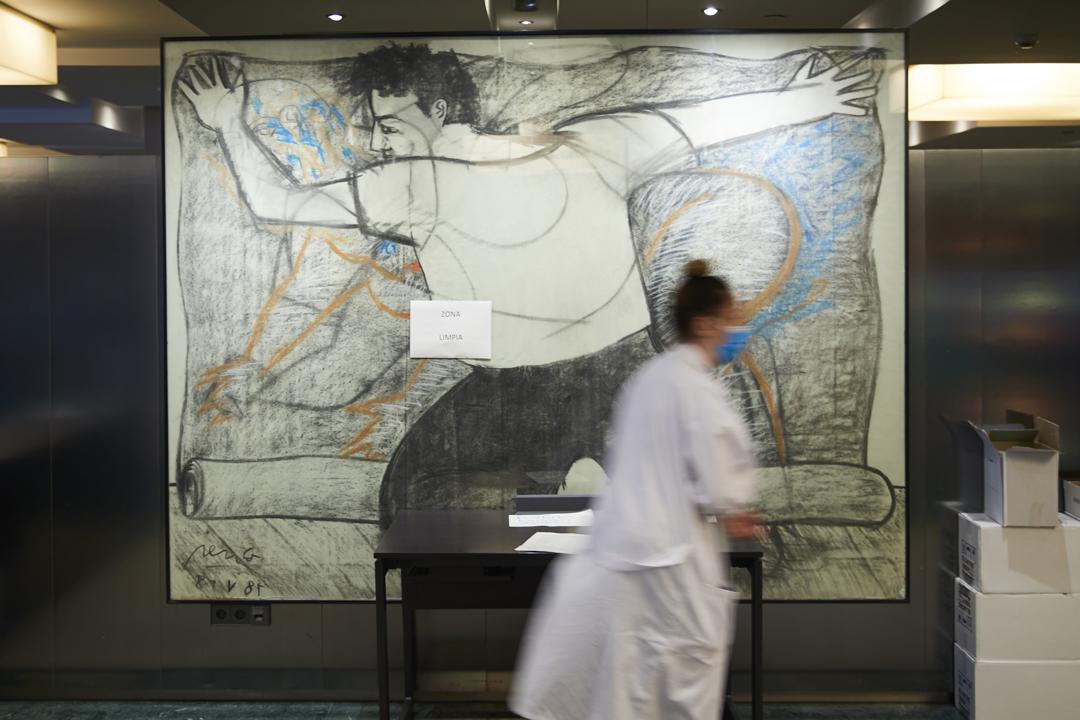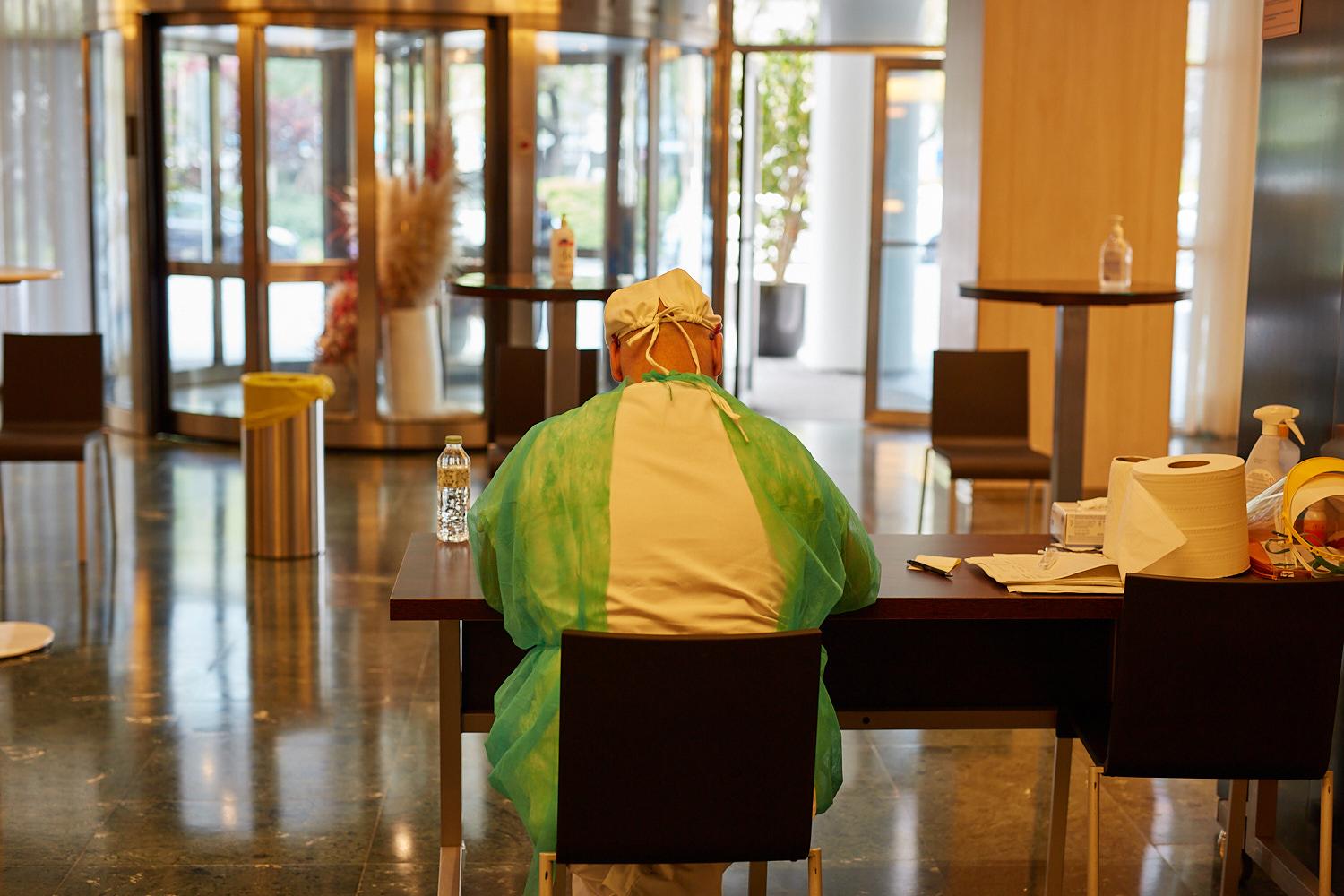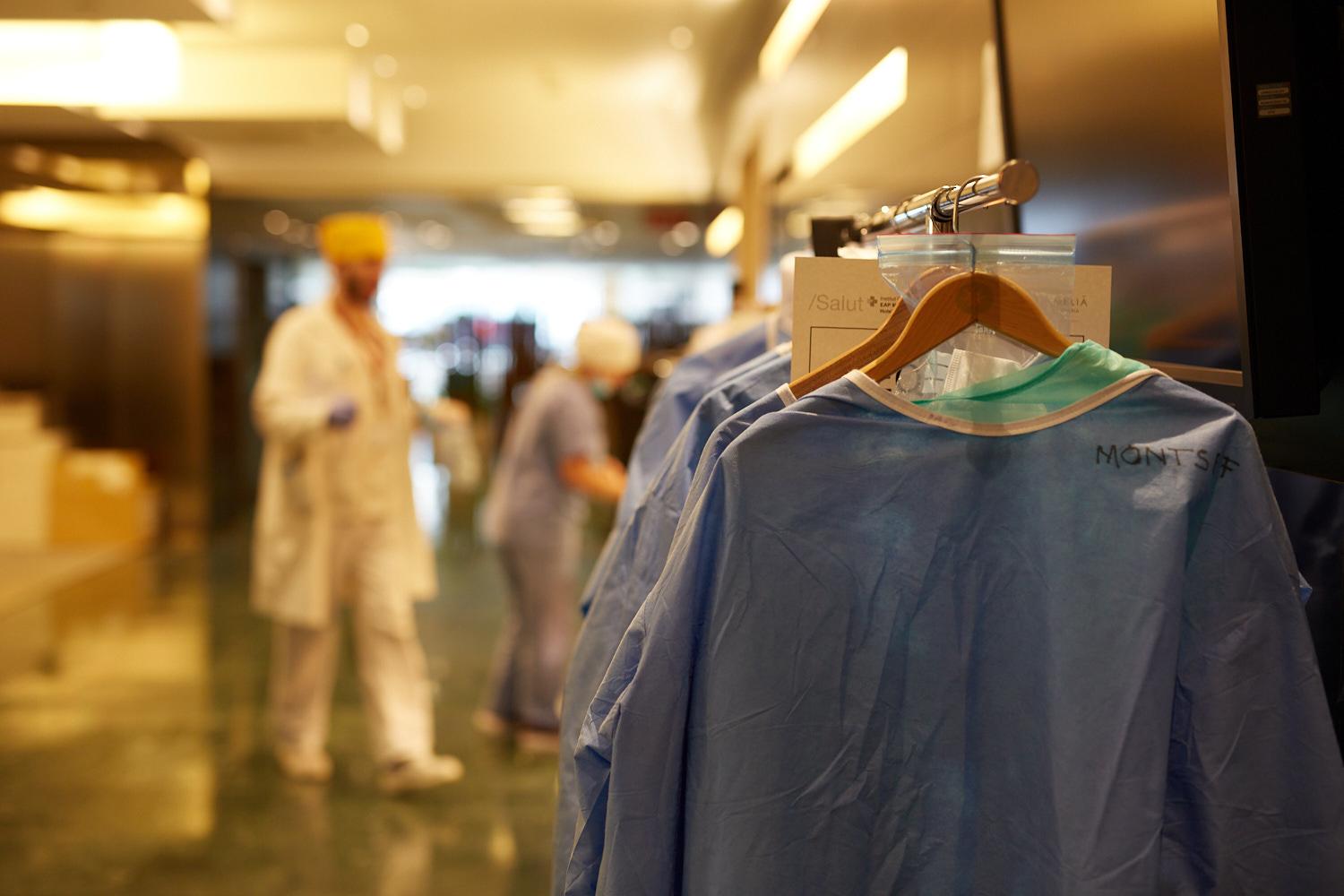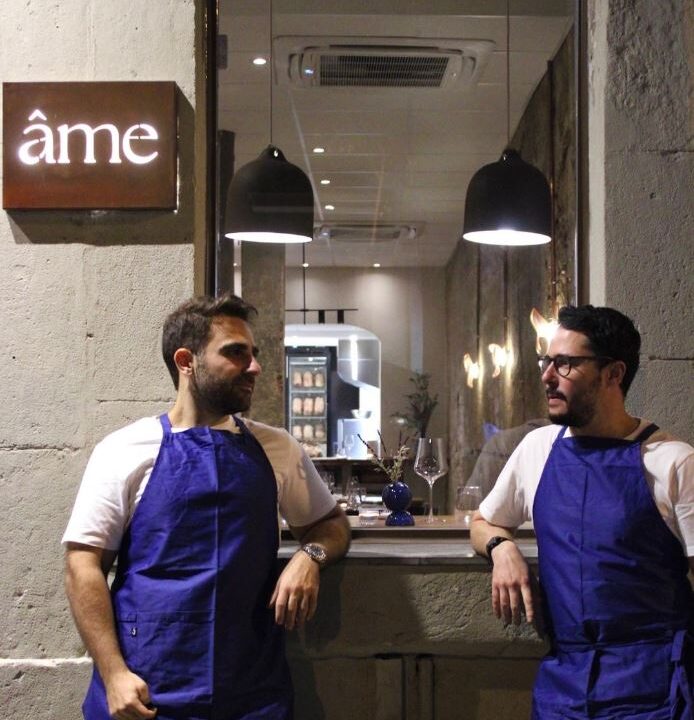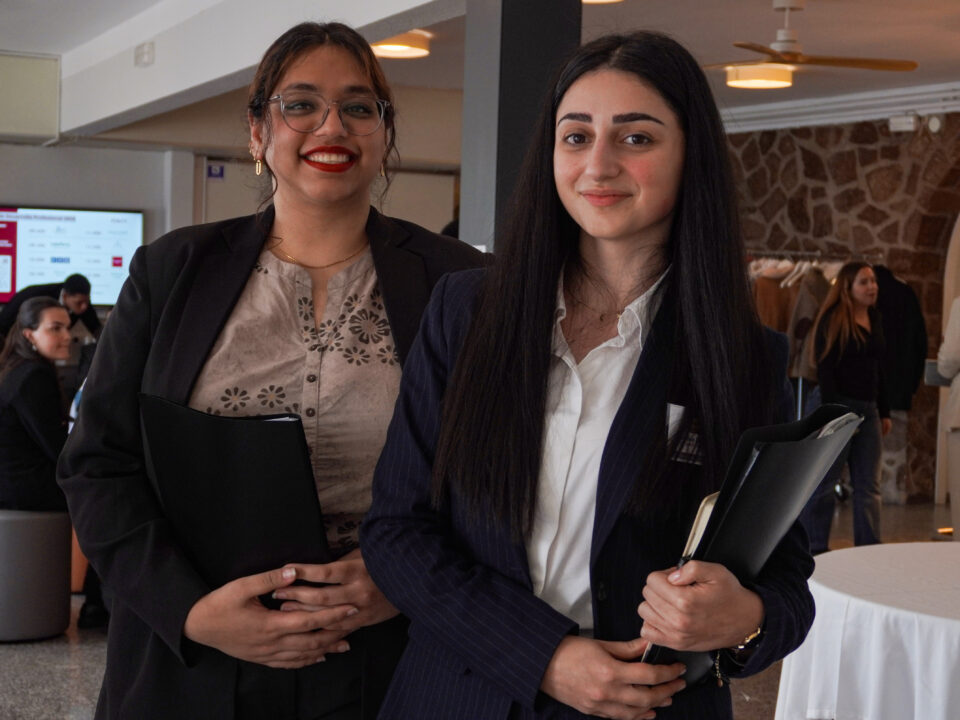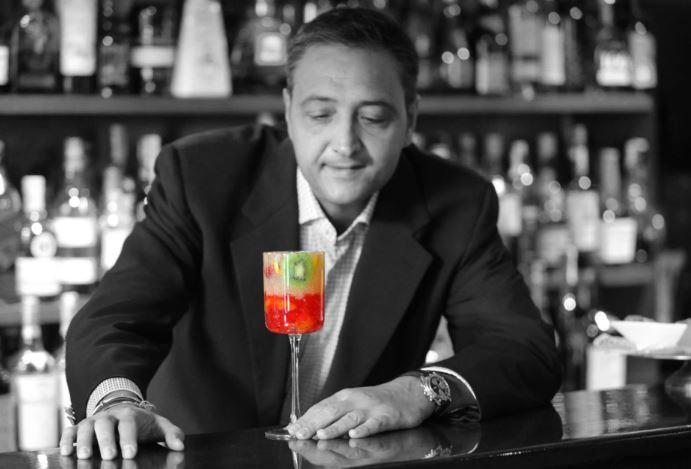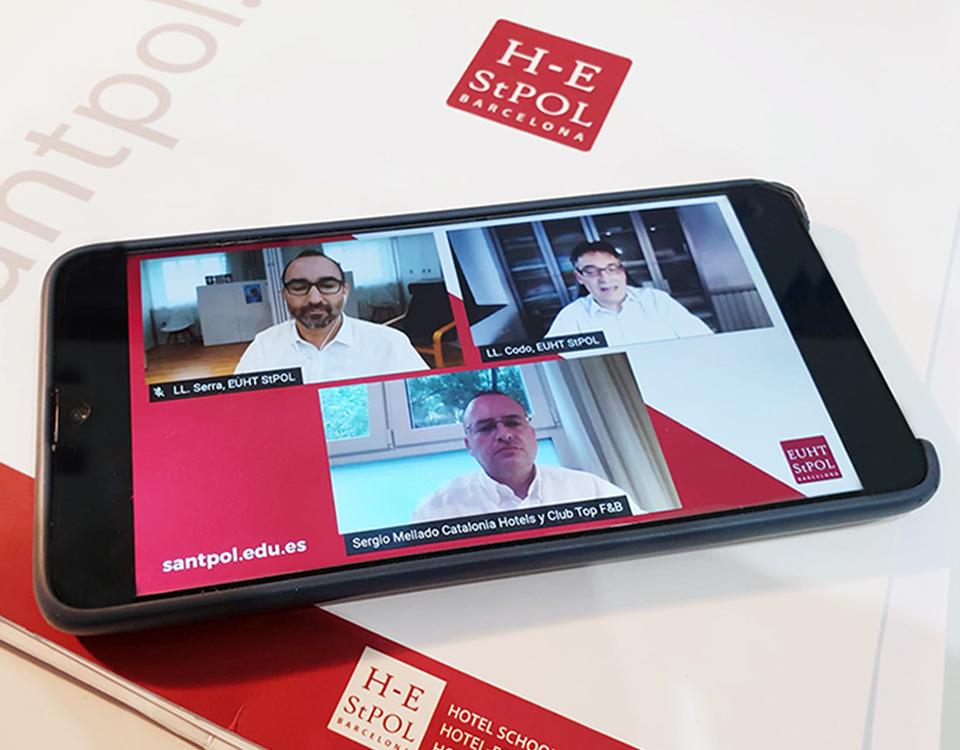
What will the restaurants be like after Covid-19?
15 May, 2020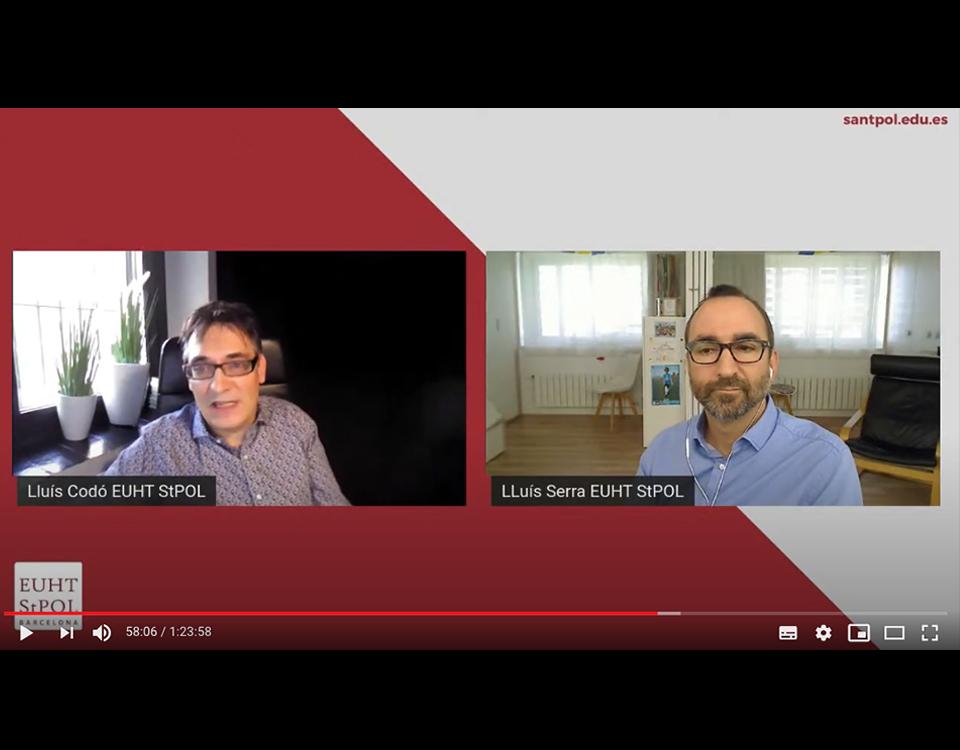
Three questions to be answered before the reopening of a restaurant after Covid-19
29 May, 2020During the Covid-19 crisis the hotel sector has joined forces with the health sector to tackle the pandemic. The Melià Barcelona Sarrià was one of the hotels that was turned into a “Medicalized Hotel”, in this case depending on the Vall d’Hebron Hospital. The process of transformation, the protocols and the experiences lived have been some of the aspects explained in the webinar organized by EUHT StPOL in which Enrique Aranda, General Director of the Meliá Hotels Barcelona cluster and former student of EUHT StPOL; and Sonia Cortés, Director of Economic Resources of the Vall d’Hebron University Hospital, have participated together with Lluís Serra, General Manager of EUHT StPOL and President of EUHOFA International.
From a five-star hotel to “Medicalized Hotel” in three days
“After a few days in the hospital we needed those patients who were better off to leave the facilities free for the admission of new patients,” explains Sonia Cortés, Director of Economic Resources at the Vall d’Hebron University Hospital. Thais was the reason it was proposed the option to join forces with the hotels.
In fact, as Cortés explains, the model proposed by Vall d’Hebron Hospital was a medicalized hotel: “This meant that when the patient was discharged from the hospital in an acute situation, we had hotel beds where he would be isolated – as he was still positive in Covid-19 – and controlled at the health level”.
The Vall d’Hebron Hospital is the largest in Barcelona and it was convenient to have a very large hotel. And so, after meetings with different agents, the Hotel Meliá Barcelona Sarrià became a “Medicalized Hotel” in three days. “The last client left on a Thursday afternoon and on Sunday we opened the medicalized hotel” remembers Enrique Aranda, General Manager of the Meliá Barcelona Sarrià cluster and who has been and is running the medicalized hotel during the Covid-19 pandemic.
The transformation of the hotel spaces
“The clients are the same, the different thing are the circumstances,” says Aranda. Circumstances to which they have had to adapt and reconvert not only in terms of spaces, but also protocols and procedures. “The hospital is a world that those of us who come from the hotel sector did not know and to which we had to adapt quickly,” he explains.
Some examples that Aranda recalls: disabling the locks on the room doors using cardboard and American tape so that “simply by pushing” the toilets could open them and thus avoid contact; leaving the minimum essential in each room as a matter of cleanliness; fitting out a clean and dirty area of the hotel as far as contact with the Covid-19 is concerned and converting all double rooms into single ones. “In addition, beds were needed for the pavilions of the Vall d’Hebron Hospital so the 203 beds in double rooms converted to single rooms could be used for this,” explains Aranda.
The usual processes in a hotel also underwent changes. For example:
- Check-in has been reinvented so that patients arriving in buses or ambulances can be attended more quickly without loss of human quality.
- The check-out “is a very special moment, it’s a party” acknowledges Aranda.
- The food and catering service is regulated by the Vall d’Hebron hospital because each patient has his or her own diet. Although Aranda acknowledges that “we’ve done a lot of hotel work, here: if the patient in room 315 wanted a soft drink or coffee, we’d bring it up to him”.
“The information flowed very easily with the hotel sector because in the more logistical and operational part, the hospitals and hotels have many things in common and it was very easy to understand each other and get started”, points out Cortés.
What has the hotel sector learned from the hospitality industry and vice versa?
“The first day when the first ambulance was opened with patients arriving at the hotel I saw people with fear on their faces,” recalls Aranda. “I wanted to make them feel better and I thought I’d thank them for leaving those beds at Vall d’Hebron Hospital free so that other people could be treated. And in that moment of gratitude, everyone smiled, everyone.
Gratitude and empathy are a common denominator between the two sectors, the hotel and the hospital, as well as vocation, comment the speakers of the webinar organized by EUHT StPOL. And in situations such as the one we are living; the intrinsic values of ‘hospitality’ are more necessary than ever.
Sonia Cortés highlights the service capacity and adaptability of hotel professionals as the main elements from which they have learned from the hospitality sector. And Enrique Aranda highlights, as the main value of the health sector, people: “It has been the experience of my life, but I hope I don’t have to repeat it”. A contradictory feeling, he acknowledges, but a real one. And for future professionals in the hotel sector he gives them only one piece of advice: attitude. “That’s all you need; the rest can be taught.”
Retrieve the webinar here.

